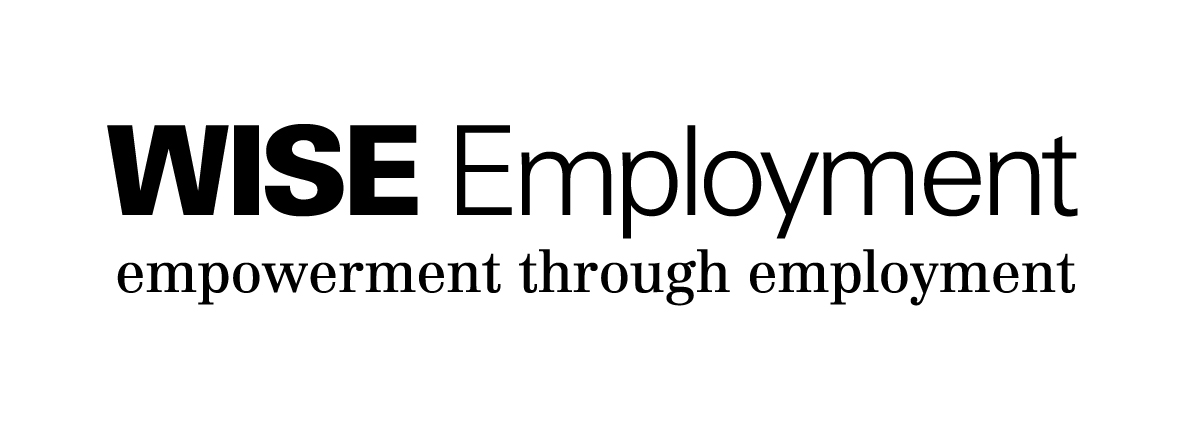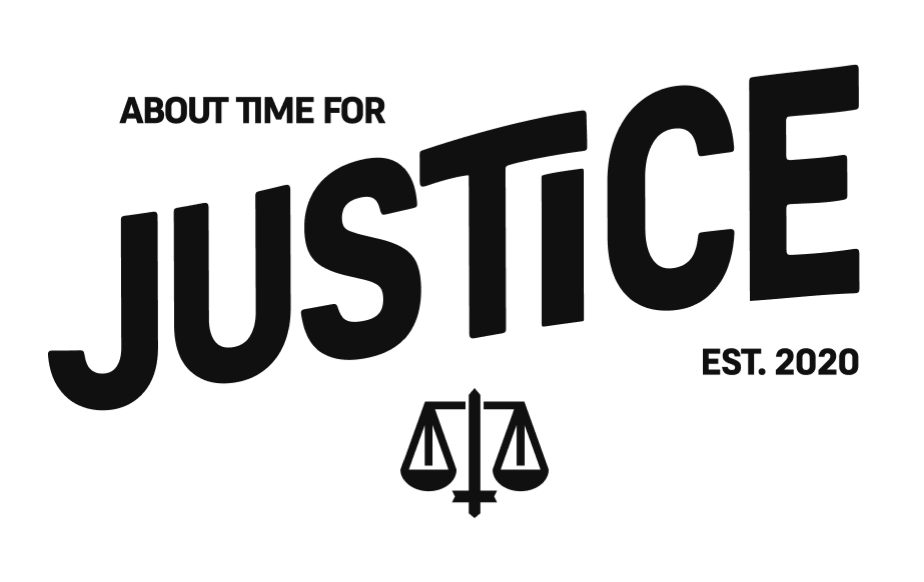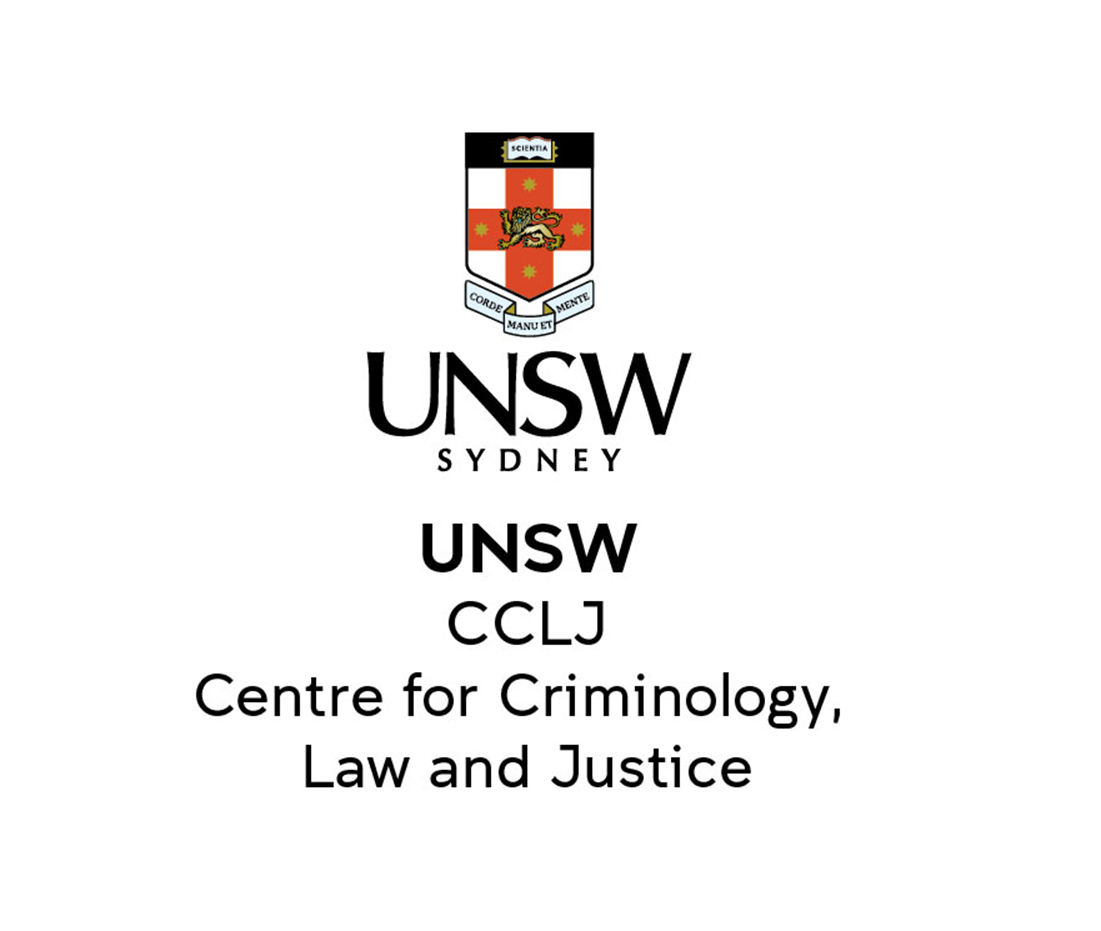This article discusses the impacts of collateral consequences, shedding light on the pervasive and often overlooked ramifications faced by individuals with conviction histories.
By examining legal and social restrictions imposed on this population, I explore the implications that extend beyond the confines of the criminal justice system. I draw on my personal experience and the experiences of others as told to me to unpack the collateral consequences: from employment, education and housing struggles to rejection and stigmatisation from society, all of which significantly hinder the reintegration process.
Through an exploration of potential solutions and best practices, I will equip you with a toolkit for fostering inclusivity, mitigating stigma, and promoting meaningful rehabilitation. Ultimately, this article advocates for a shift in societal attitudes and policies, urging stakeholders to engage in proactive dialogue and collaborative efforts to dismantle the barriers faced by individuals with conviction histories.
Let’s rewrite the narrative so that individuals with criminal histories are not merely treated as anecdotal stories. Employers, provide us with a chance to defy your preconceived notions. Government agencies; hear the voices of those who have survived prison and implement changes informed by their experiences. Society, take note, people who have made mistakes are capable of change. Reserve your judgement and practice compassion. Individuals with prior criminal records possess the potential to make substantial contributions to society. There exists an entire community of untapped talent that could positively impact the economy and society if provided with opportunities.
Presenters
Tahlia Isaac, a resilient and passionate woman, stands at the intersection of personal experience and academic inquiry, lending a unique and compelling perspective to the discourse on collateral consequences. As a devoted mother of two boys, Tahlia’s journey through the criminal justice system has fuelled her advocacy for social justice, shaping her into a formidable voice for an often overlooked population.
Having spent ten months in Queensland correctional facilities, and navigating life after release, Tahlia intimately understands the collateral consequences that permeate the lives of those trapped in the criminal justice system. Her lived experience serves as a catalyst for her scholarly pursuits, driving her commitment to shedding light on the systemic challenges faced by individuals re-entering society after incarceration.
Tahlia Isaac’s academic journey is emblematic of her resilience and determination to effect change. As a new scholar, she channels her firsthand knowledge and passion into rigorous research, seeking to illuminate the interconnected consequences that persist long after the prison gates have closed.
This paper authored by Tahlia Isaac is a testament to her dedication to social justice and her advocacy for a more equitable and compassionate system. Her biography intertwines personal and academic narratives, creating a compelling backdrop for her exploration of collateral consequences and underscoring the urgent need for reform in the criminal justice landscape.











